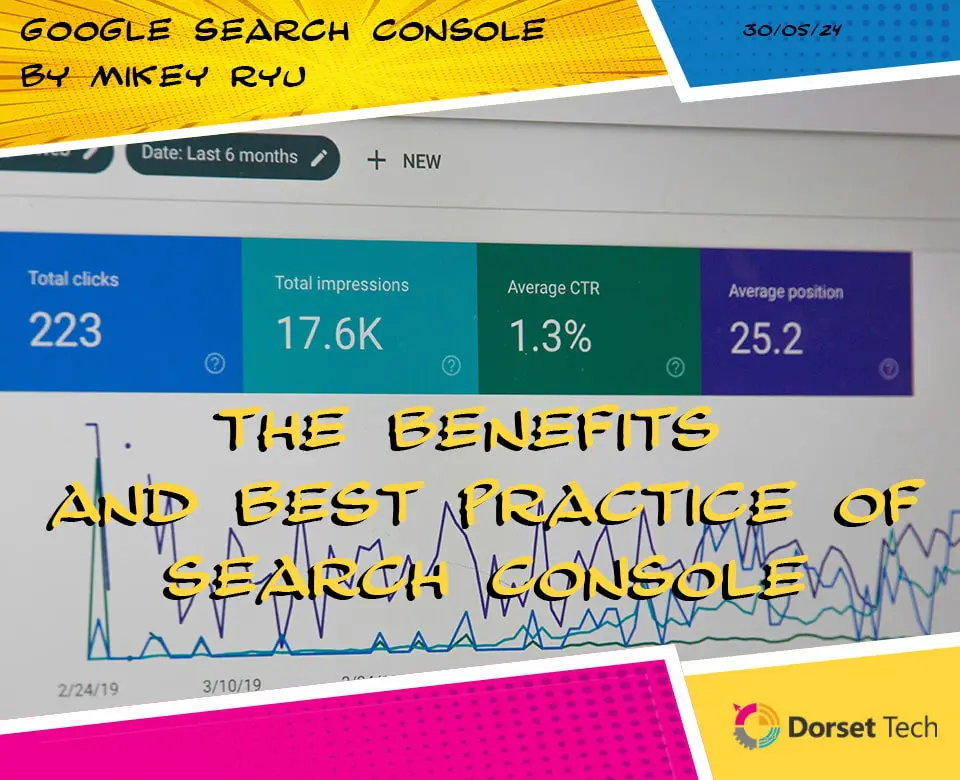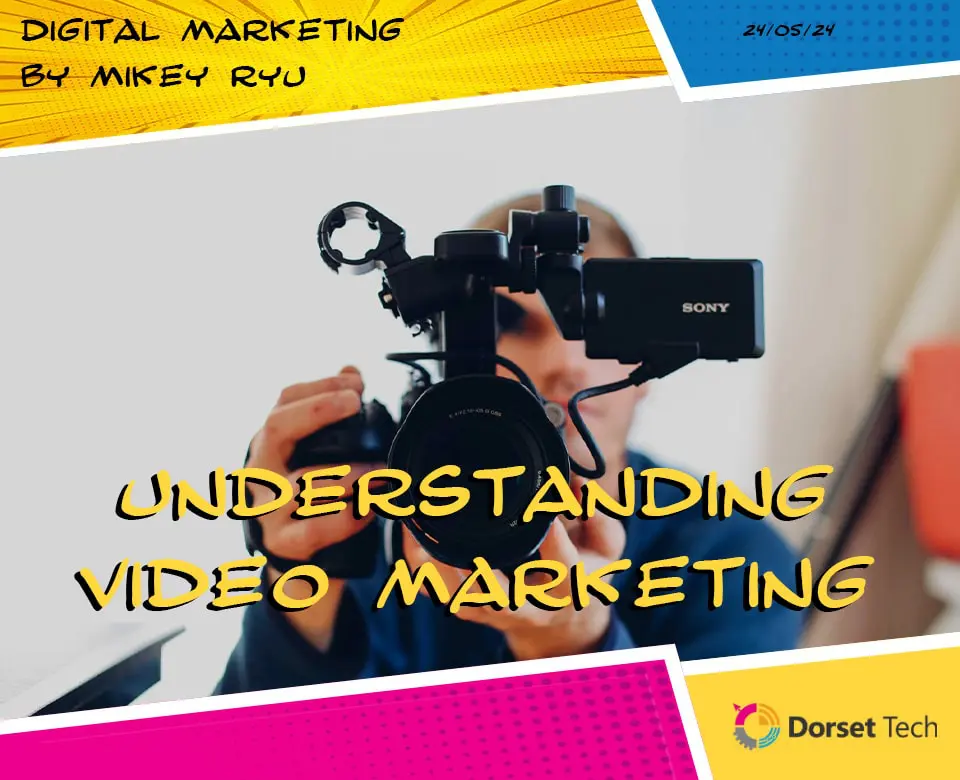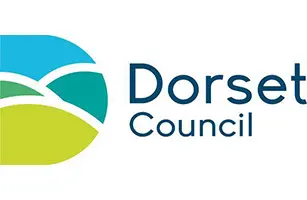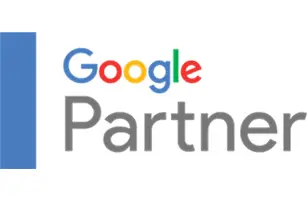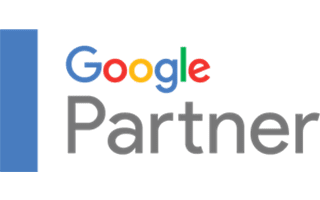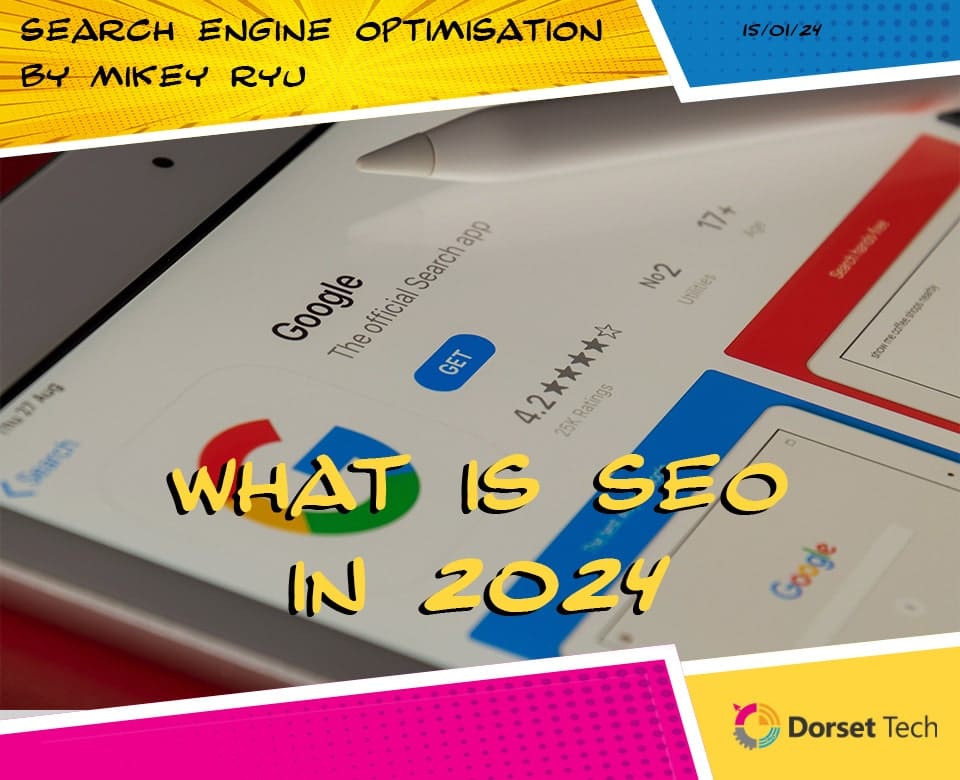
What is SEO in 2024
In the vast digital landscape, where information is at our fingertips, getting noticed online has become an art form. Whether you’re a small business owner, a blogger, or a digital marketer, the acronym “SEO” has likely crossed your path. But what exactly is SEO, and why does it matter in today’s digital age?
Understanding SEO
SEO, or Search Engine Optimisation, is the practice of enhancing a website’s visibility on search engines like Google, Bing, or Yahoo. In simpler terms, it’s about optimizing your online content so that it ranks higher in search engine results pages (SERPs). This, in turn, increases the likelihood of your website getting organic (non-paid) traffic.
The Basics of SEO
At its core, SEO is a multifaceted strategy that involves various elements, each playing a crucial role in determining a website’s search engine ranking. Let’s break down some of the fundamental aspects:
Keywords and Key Phrases:
Keywords are the foundation of SEO. These are the terms people type into search engines when looking for information. Identifying relevant keywords for your content and strategically incorporating them helps search engines understand the context of your pages.
On-Page SEO:
On-page SEO involves optimising individual web pages to rank higher and earn more relevant traffic. This includes optimizing meta tags (title, description), using header tags, creating a logical URL structure, and ensuring your content is high-quality and relevant to users.
Off-Page SEO:
Off-page SEO focuses on external factors that influence your site’s visibility. This often involves link-building – obtaining high-quality backlinks from other reputable websites. Social media signals and online reputation management also fall under the umbrella of off-page SEO.
Technical SEO:
Technical SEO deals with the backend of your website, addressing factors that impact its performance and crawlability by search engines. This includes optimizing site speed, fixing broken links, ensuring mobile-friendliness, and creating a sitemap.
Content Quality and Relevance:
Content is king in the world of SEO. Creating valuable, informative, and engaging content not only attracts users but also signals to search engines that your site is a reliable source of information. Regularly updating and expanding your content can positively impact your site’s ranking.
Why Does SEO Matter?
Now that we’ve covered the basics, let’s delve into why SEO is crucial in today’s digital landscape.
Increased Visibility and Traffic:
The primary goal of SEO is to enhance your website’s visibility on search engines. When your site ranks higher in SERPs, it’s more likely to be seen by users searching for relevant information. Increased visibility translates to more organic traffic.
Credibility and Trust:
Websites that appear on the first page of search results are often perceived as more trustworthy and credible by users. People tend to trust Google’s algorithm to deliver the most relevant and reliable information, so a higher ranking can positively impact your brand’s credibility.
Better User Experience:
SEO isn’t just about pleasing search engines; it’s also about creating a seamless and enjoyable experience for users. Websites that load quickly, have a logical structure and offer valuable content contribute to a positive user experience, which can, in turn, improve your search rankings.
Competitive Advantage:
In today’s competitive digital landscape, businesses and individuals are vying for attention. A well-executed SEO strategy can give you a competitive edge by ensuring that your content is more visible than that of your competitors.
Quantifiable Results:
One of the advantages of SEO is its measurability. Through analytics tools, you can track the performance of your SEO efforts, including website traffic, user behaviour, and conversion rates. This data allows you to refine your strategy for better results.
Challenges and Evolving Landscape
While SEO is a powerful tool, it’s not without its challenges. Search engine algorithms are constantly evolving, and what works today may not be as effective tomorrow. Keeping up with industry trends, algorithm updates, and user behaviour is essential for maintaining a successful SEO strategy.
Additionally, ethical considerations are crucial in the world of SEO. “Black hat” tactics, such as keyword stuffing, cloaking, and buying links, may yield short-term gains but can lead to severe penalties from search engines, damaging your online reputation.
Conclusion
In conclusion, SEO is a dynamic and indispensable aspect of the digital landscape. Whether you’re a business owner aiming to increase online visibility, a blogger seeking a broader audience, or a digital marketer striving for better results, understanding and implementing SEO principles is key to success.
By mastering the art and science of SEO, you can unlock the full potential of your online presence, reach the right audience, build credibility, and stay ahead in the ever-evolving digital world. As technology advances and user behaviour evolves, SEO will continue to play a central role in shaping the online success of individuals and businesses alike.


